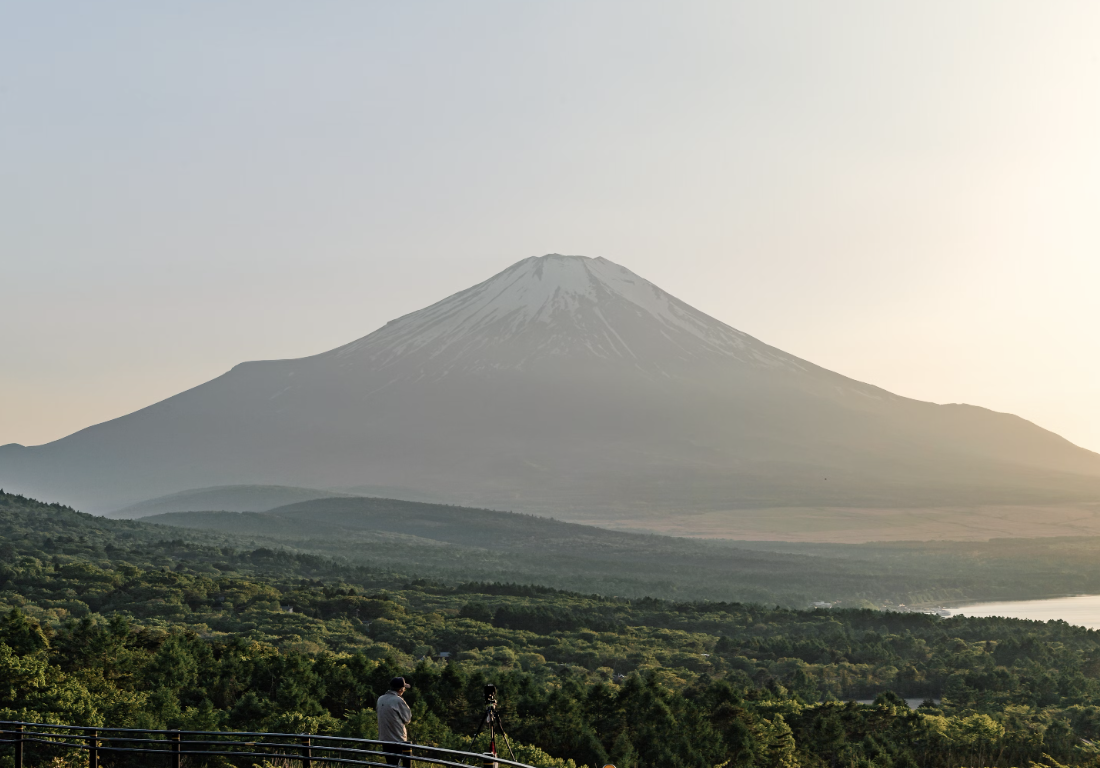For the first time in 130 years, Mt. Fuji appeared snowless in November. The famous attraction in Tokyo, Japan, collects snowfall every year during the autumn season. However, due to autumn’s high temperature, the mountain appears to be snowless.
Mt. Fuji is a 3776-meter World Heritage site. The mountain has received a snowcap every year since 1894. Some may say that the mountain had no snow occurring due to conflicts and issues with global warming and climate change. Rising temperatures in Japan during the summer is speculated as the main contribution for the bare attraction. The last previous snowfall recorded on this mountain was Oct. 26, 2023.
This mountain having no snowcap for this year has left many raising concerns. Around many social media platforms, people have showcased their concern towards this issue. It has also brought more attention towards climate change.
However, on Nov. 5, the mountain had stunned tourists as it finally received its trademark snowcap. It had a delay in its snowfall record. Many people claimed to be relieved when they saw a snowcap on the mountain.
Despite the mountain receiving snow, it still displayed concerns towards the mountain’s delayed snowfall and brought more attention and concern towards climate change. It’s been claimed that Japan had experienced a climate crisis 3 times more likely because of this issue.
Prior to this, high temperatures in Japan had exceeded since the summer, showing growing concerns for global warming. The average temperature from June to August was 1.76 degrees Celsius above the normal level.
New studies have also emerged towards Japan’s climate crisis. The delay of Mt. Fuji’s snowless cap had awakened many people to care more about climate change.


